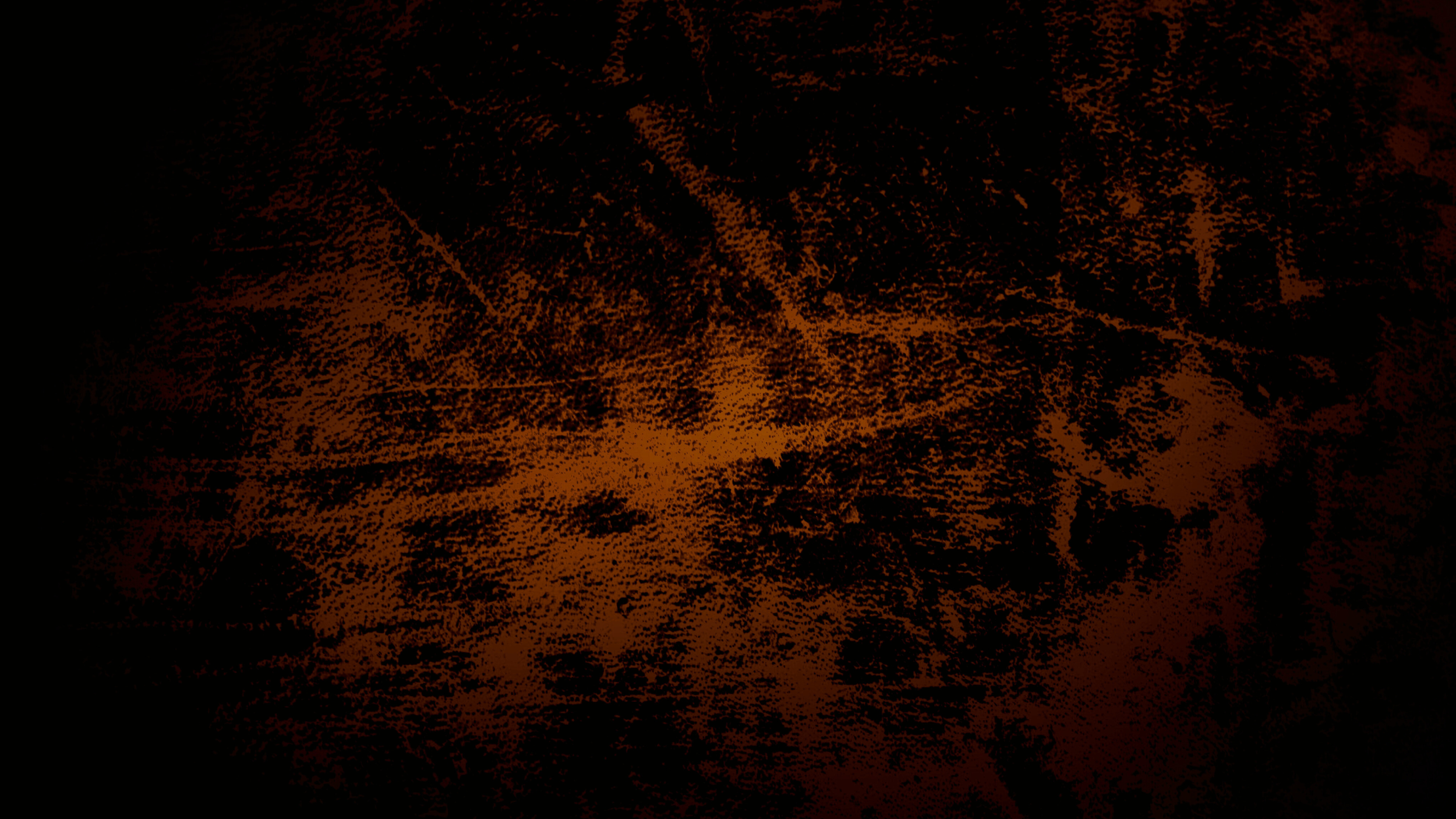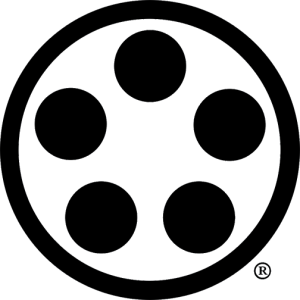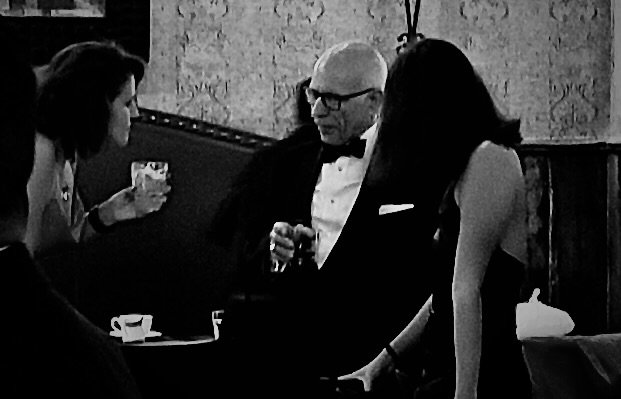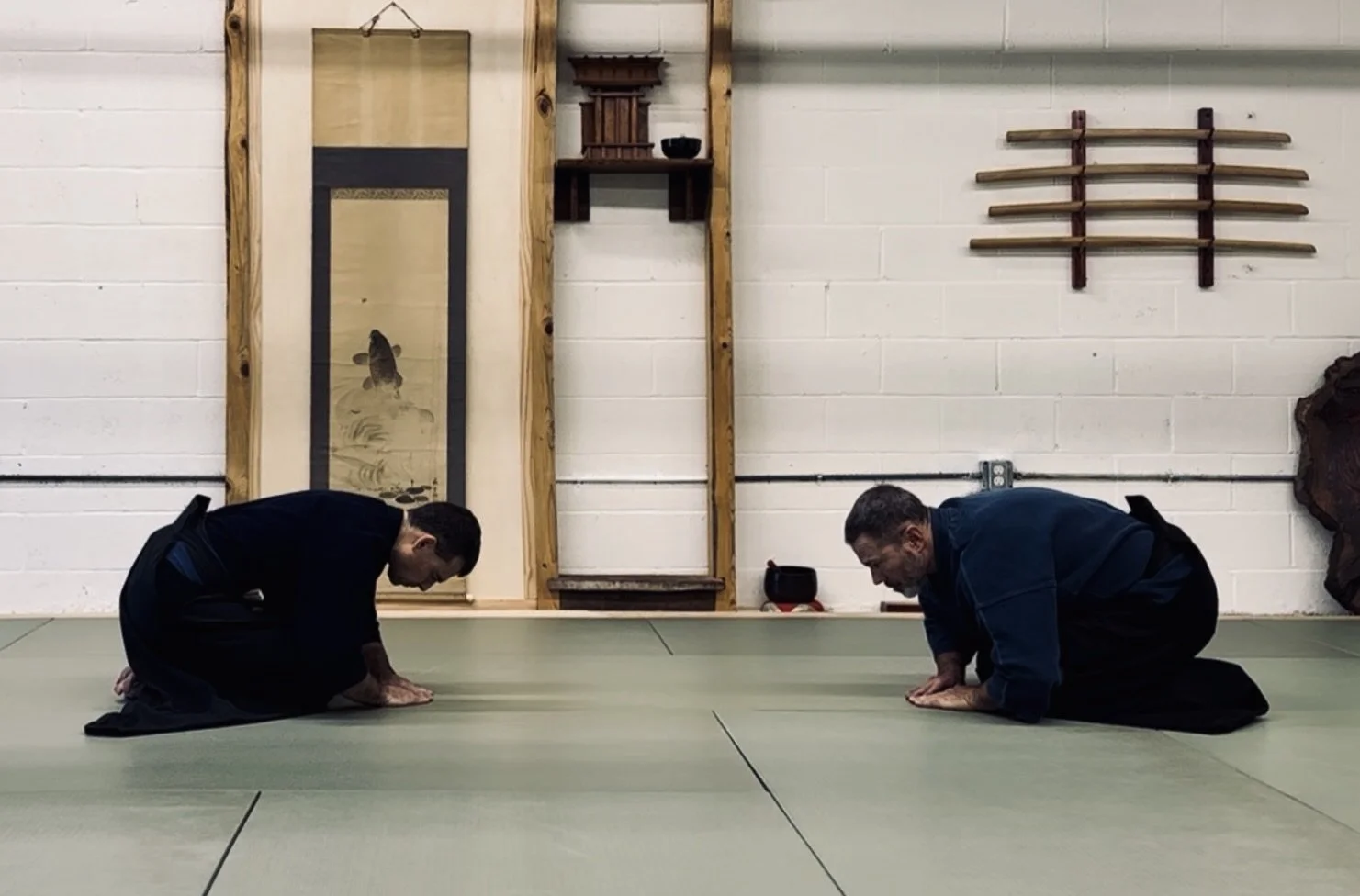
Blog: Simple Things Matter
Original articles, videos, and more.
Elevator Pitch: Generating Curiosity About Your Marital Art in Two Minutes or Less
Now comes tricky part—put those answers succinctly into words. Compose a concise, impactful statement that captures your answers to the questions above in a way that someone would have at least a bit of insight into what you do and, ideally, have some curiosity to learn more about your tradition.
Reishiki & Trust: Beyond Form
Recently I came across this quote:
“A practitioner who ignores reishiki is not merely rude; they are unreliable.”
The hairs on the back of my neck stood up.
On the Transmission of Ittō Tenshin-ryū, Yamate-ryū, and Goseki-ryū
To preserve the integrity of the Ittō Tenshin-ryū, Yamate-ryū, and Goseki-ryū, it is fitting to declare where, and from whom, authentic instruction in these traditions may rightly be obtained.
Socks, Certificates, and Titles
In our traditions, when a deshi receives a certificate in recognition of what they have done, and perhaps what they are capable of being, they are guided to observe it, celebrate the accomplishment, and then place it in their sock drawer.
No Gaps
Existing within our Traditions is unbelievably challenging. They require a level of personal accountability and introspection that is quite intense, not for days and weeks, but for years and decades – for a lifetime. They are more than a bag of physical techniques. They are more than just cutting, throwing, breathing, walking, or sitting; more than Shohatsutō or Ude-osae. They are a way of living, a method that pervades the inmost recesses to improve the Core You, and to forge that thing into something that each day, hopefully, has one less gap than the day before.
TRADITIONS AND TEACHING From Matters of Life and Death: Essays in Budō, Peter Barus, 2013
The Japanese educational methods and means, tested and applied for centuries, were well understood and fully developed when Japan was still in a period of constant internecine warfare. Today there is no mystery about how to go about this form of training. The real problem is having access to an authentic tradition. This is only found in a true teacher: there is no other repository but a living master.
Essence (A review of the 2023 intensive.)
For six days we explored aspects of each ryū, beginning at 8 am with Zen keiko, and then taking two hours each for Itto-tenshin ryū, Yamate-ryū, and Goseki-ryū. We finished in the evening and enjoyed a home-cooked meal, a cigar, and each other’s company. Each ryū has a different flavor, but the combination brought us closer to the essence of what we do than any keiko I have had to date.
Become Good at Being Good: Movement Towards Mastery
The human, the tool, the environment and the act itself are the four domains of mastering an endeavor. By mastering the human condition, and applying this across multiple skill sets, you reduce the workload.
POWER From Matters of Life and Death: Essays in Budō
In a traditional Dōjō we operate in such a way as to test the limits of power beyond what is reasonable. My Instructor requires the class to walk past him without stopping or changing pace. As I pass him his arm blocks my path at chest height. He outweighs me by fifty pounds, and it’s all solid muscle. I feel as if I’ve hit a wall.
After The First Class of theYear
One thing that stands out about a sword is sori. And if it's a good sword, it is also beautiful. But why?
2022 Ittō Tenshin-ryū® Taikai: Gateway
While there is new science around this idea, it is not unfamiliar to practitioners in Budō. Traditional terms-of-art like Mind and Void depict a strikingly similar view, and the physical teachings of the Itto Tenshin-ryu convey otherwise inexplicable truths: the Way that can be spoken is not the Way.
Ittō Tenshin-ryū® 2022 Taikai Retrospective
The Ittō Tenshin-ryū is a powerful tradition!
Its unwavering purpose has informed deshi since its inception. While the words pointing to essence may change from time to time, the development of a powerful and orderly being remains.
The Use of Weapons in Yamate-ryū Aikijutsu
Yamate-ryū aikijutsu makes use of numerous weapons in its curriculum. These include bokken, shōtō (wakizashi), tantō, and jō. Other weapons may also be used occasionally. It is important to understand why we use weapons in our training and how they impact the techniques we teach. Although many aiki arts treat weapon training purely as a way to improve their empty-handed techniques, in Yamate-ryū the weapons are integral to our art’s modern application, not just our history.
Our “Un-organization”
Our traditions are alive, moving through time and space, offering deshi the opportunity to discover for themselves; essence. While teaching a technique may be organized, transmitting a way of being cannot.
The Bujin VOL 2 NO 2 August 1978
The Bujin VOL 2 NO 2 August 1978. Includes: Editorial, Budo (part 2) by C.M. Kotlan, Shiai by Sherry O’Sullivan, Uncle Sam's Swords by Fred Tart, Dojo Tales, Readers Questions, Kenjutsu: "Tips from the Pros" by J. Ostrowski, Kata, Nippon-To The Japanese Sword, Illustration by J. Ostrowski, How to Tie a Sword Bag Cord, Kanji.
The Bujin VOL 2 NO 1 July 1978
The Bujin VOL 2 NO 1 July 1978. Includes: The Duel by Sherry O’Sullivan, Sageo, Reader’s Questions, Dojo Tales, Budo by C.M. Kotlan, Characteristics of the Japanese Sword, Kanji.
Reflections on the 2022 Yamate-ryū® Taikai
Look left, look right, look in front, and look behind. You are not alone. You are a member of the Ryū, a timeless, spaceless, entity that extends forever. You are raw potential and the Ryū is the hammer forging you.
2022 Yamate-ryū® Taikai Retrospective
Yamate-ryū Aikijutsu is not simply a collection waza, but a way of developing spirit and the impact of that on another. It is raw potential and the perception thereof. Surrender, then service.
Gekken—Kenjutsu on Steroids
While the majority of techniques from the Ittō Tenshin-ryū® are what you might expect from a school of kenjutsu, there is one group of kata that most newcomers to the art find frightening, foreign, and fascinating: Gekken, the “Severe Sword.”
2021 Taikai "Osae” After-action Report by Andrew Stevenson
It’s been about seven weeks since the November taikai, and if you’re like me, you are still buzzing with energy trying to sort through and incorporate all the techniques and insight Sensei so graciously shared over the course of the long weekend.




















